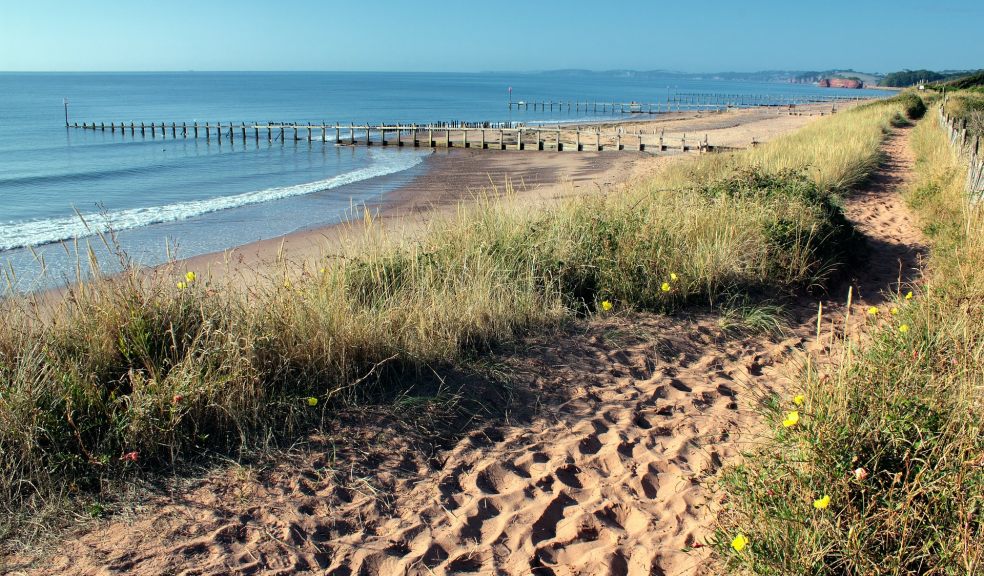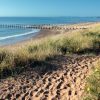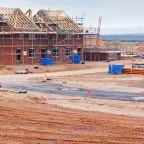
UK first conference on marine “natural capital” approach to managing coasts and seas
The Devon Maritime Forum’s latest conference will introduce a new approach to managing coasts and seas and how it can be put into use in the South West region.
The South West Marine Natural Capital Conference at Exeter Racecourse on Tuesday 11 July, is the first of its kind in the UK to exclusively look at the potential of the marine “natural capital” approach - a new way of thinking that puts the environment and environmental assets at the heart of economic decision-making.
The event, which is being organised and hosted by the Devon Maritime Forum, will bring together leading academics, policy makers, managers, businesses, and local stakeholders to learn more about how the region’s marine and coastal natural assets can be better managed and valued. More than 175 delegates are expected to attend on the day.
Three innovative and collaborative projects that are currently getting underway in the region are at the forefront of this new “natural capital” approach – and they will be showcased at the conference. They are:
- The South West Partnership for Environment and Economic Prosperity (SWEEP) project led by Plymouth University, Plymouth Marine Laboratory, and the University of Exeter;
- The Defra Marine Pioneer project led by the North Devon Biosphere Reserve;
- The UK SEAS project led by the WWF-UK.
These projects will be working individually and in partnership to solve some of the challenges associated with financing, managing, utilising and improving the region’s marine natural environment.
Professor Ed Maltby, Chairman of the Devon Maritime Forum, said: “As a region, the South West of England is hugely dependent on its natural capital, and particularly its marine natural capital, for its economic prosperity. Its outstanding marine environment and abundant marine assets provide the natural capital upon which many key regional industries, including the fishing/aquaculture; marine renewable; and marine and coastal tourism/leisure sectors, are built.
“Given the scale and importance of marine natural capital to the South West’s economy, combined with the region’s world leading expertise in marine science and environmental economics, it is not surprising that our region has emerged as a global pioneer in implementing and testing the natural capital approach."
The event programme will also feature a keynote address from campaigner, writer, and leading British environmentalist Tony Juniper.

















